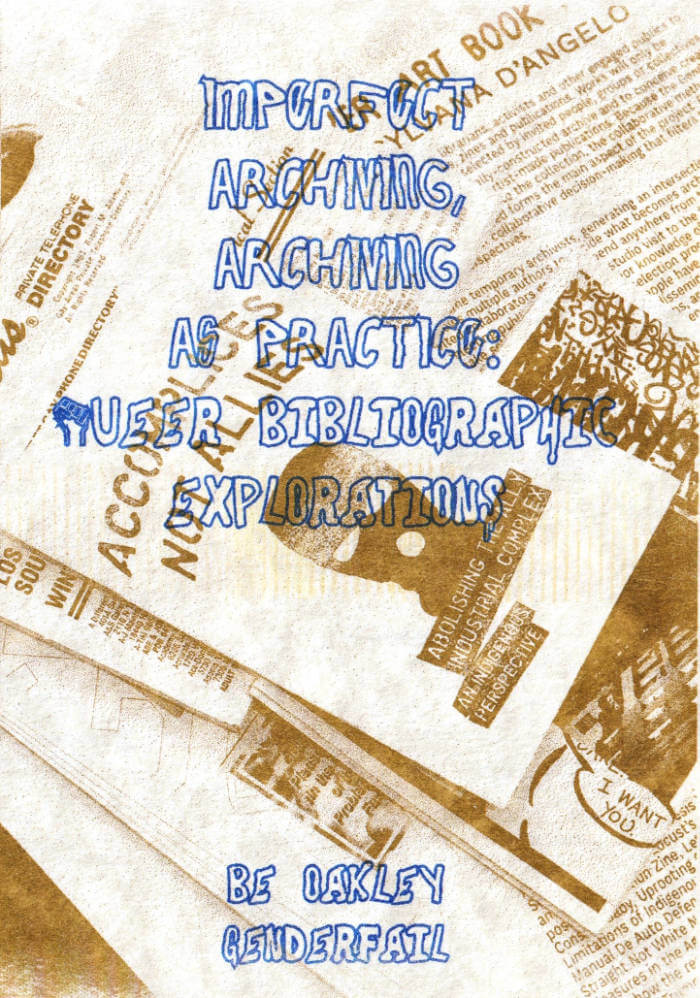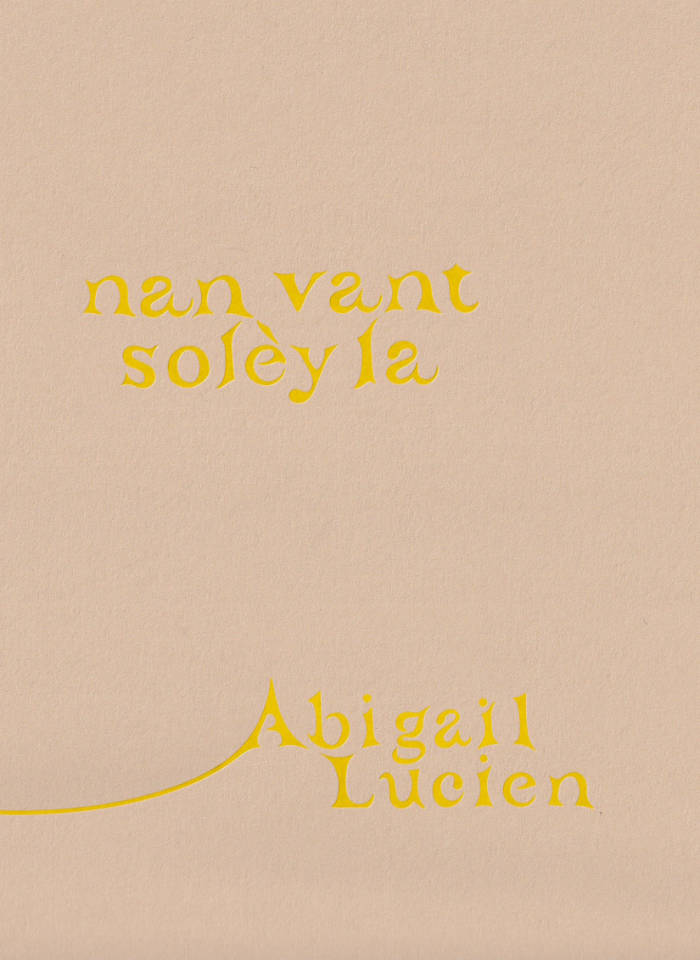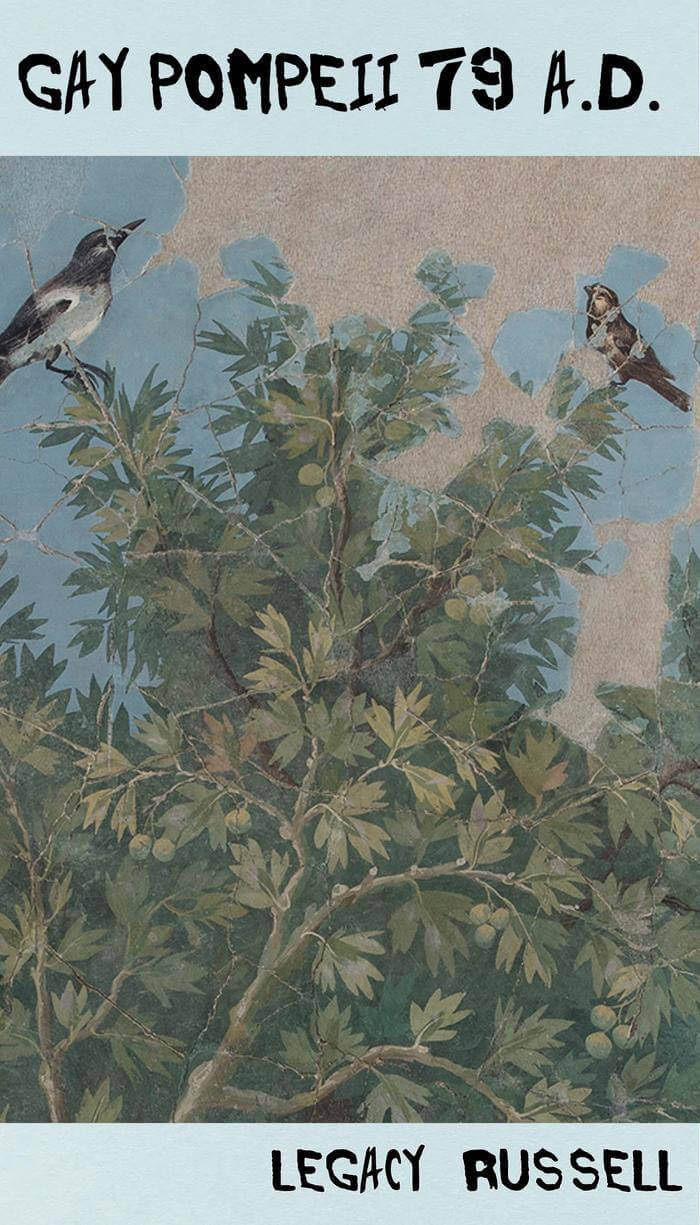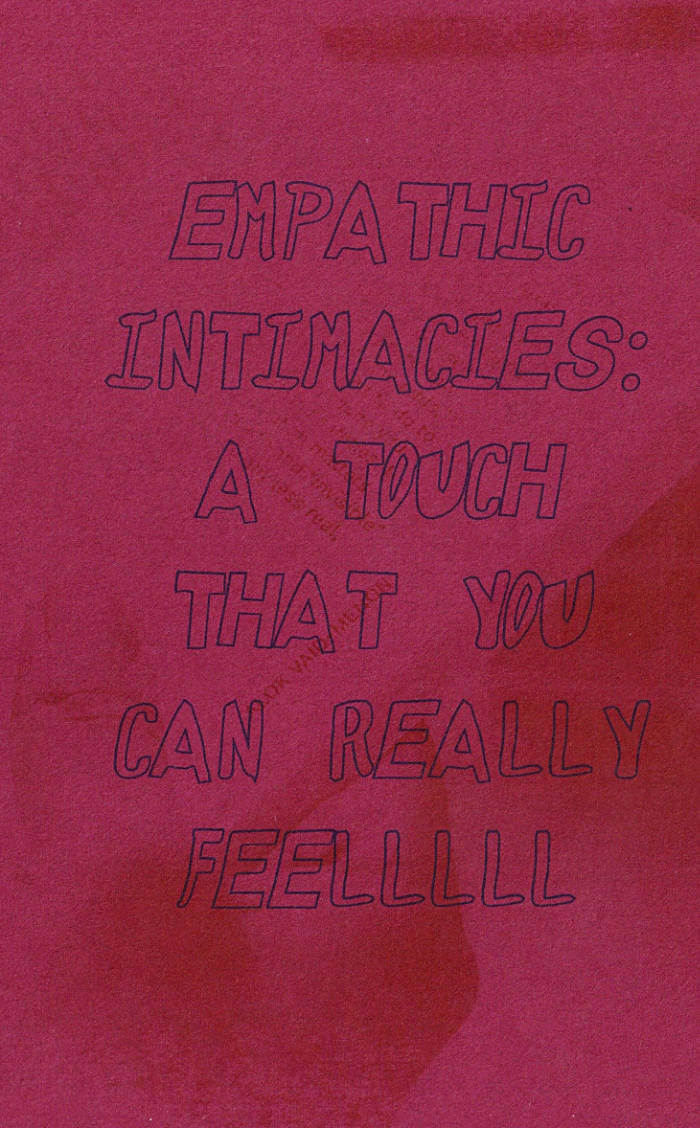
Imperfect Archiving, Archiving as Practice: Queer Bibliographic Explorations
Imperfect Archiving, Archiving as Practice: Queer Bibliographic Explorations is a special expanded 5th edition centering on archiving as artistic practice. This manifesto talks to the core of GenderFail collecting and archiving practices that look to the softness as a metaphor for the material and content of artist-made publications. The GenderFail Archive Project is a socially engaged reading room that looks at archiving as practice. The project stems from GenderFail’s desire to share the publications from their personal library archive and give a platform to other publishers that they cherish. This publication features and highlights over a hundred artist books, art books, and zines.
This edition features a new section previously unpublished, showing bibliographies created for exhibitions and programs with the GenderFail Archive project at spaces such as Wendy's Subway, The Studio Museum of Harlem, and Cleveland Institute of Art's Reinberger Gallery.
This publication also features the 4th edition featured section showing seven curated GenderFail Archive Project reading lists from “Publishing Now,” a class I taught from 2021-2023 at the School of the Museum of Fine Arts at Tufts University. For this course, I wanted the students to read zines and publications being produced in real-time, so I started to digitize my collection as I acquired specific titles that I felt the students would resonate with. Many of the readings for this course were scanned from my collection of over 2,000 zines, artist books, and art books that make up the GenderFail archive. Since we could not meet in person (due to the pandemic), I spent hours scanning zines and artist books to be used as required readings for the course. Each reading list will accompany a link and QR code to read and engage with the complete scanned copies of all 31 featured artist books, art books, and zines.
The Imperfect Archiving, Archiving as Practice: Queer Bibliographic Explorations, is among my most cherished project I’ve published of the over 125 editions I’ve designed and printed with GenderFail.







